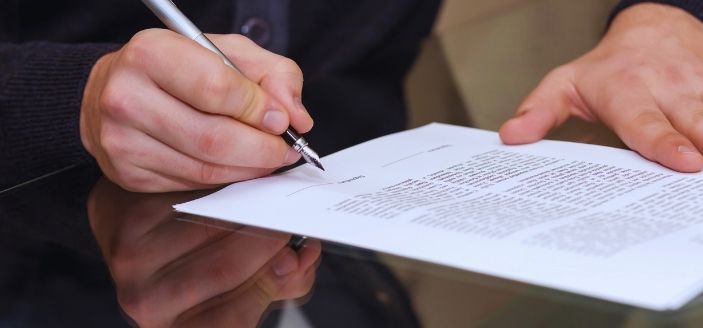22 Sep Purchasing the goodwill of a business

Purchasing the goodwill of a business
by George Coucounis
“The goodwill is taxed with income tax minus the cost for its purchase”
Many people often enter into an agreement for the purchase of the goodwill of a shop or other business activity. In fact, for this purpose a large amount of money is paid with the awareness of the parties that the sale agreement may not go through and be cancelled, the main reason being that no agreement is reached between the purchaser and the owner of the shop. Therefore, when the goodwill of a shop is sold directly from the owner, the purchaser must ensure by an agreement in writing that he will later have the right to sell the business and the goodwill, too. Likewise, when purchasing the goodwill of a shop which is rented, he must obtain the permission of the owner before purchasing the business and the goodwill. The same applies when purchasing another business activity, whereby the purchaser must agree with its registered owner. Although there are different kinds of goodwill, normally it means every advantage which has been acquired by carrying on the business either connected with the premises or the name of the person with which the business is carried out.
Special consideration must be shown in the case where someone purchases the goodwill of a shop, either with the business or not, directly from the owner or through the tenant. The owner may insist on taking goodwill, thus increasing the rent, without giving the right to the purchaser, who eventually will become the tenant, to sell the business later, including the goodwill. It is up to the purchaser not to accept entering into such an agreement since it serves only the interest of the owner. To the contrary, the purchaser must ensure his rights not only as tenant of the shop but also as purchaser of the goodwill. On the other hand, there are people who agree to purchase the business of a shop including its goodwill, without obtaining the permission of the owner of the shop. This is risky, since the shop is rented and the owner, when becoming aware of the change, will either accept it or not. Promises given to the purchaser that the present tenant will do his utmost to persuade the owner of the shop to give his consent must not be accepted and no money should be paid with this prospect.
The purchaser who paid goodwill but not managed to secure a new tenancy is entitled to claim the return of his money. Any agreement signed depending on the consent of the owner of the shop is not binding contractually if the owner refuses to accept the new tenant who purchases the business. In such a case, the purchaser who paid money on account of the purchase price is entitled to claim it back since the agreement was not completed and therefore, no consideration was given by the tenant who is not entitled to keep the money. The goodwill of a business or of a shop is not considered as an independent asset nor can it become itself the object of a sale. It is always connected either with the premises or the business or both. The Contract Law, Cap.149, article 29, provides that agreements, the meaning of which is not certain, or capable of being made certain, are void. Consequently, where there is a possibility for a tenancy agreement to be entered into by the owner and the purchaser, it is uncertain and any sum of money paid must be refunded since it was given without any consideration.
From a tax point of view, the goodwill is taxable with income tax minus any costs incurred from purchasing it. If for example someone sold the goodwill of his business, he will be allowed a discount for the cost, if any, of purchasing the goodwill. He will pay tax depending on the profit made, if any. With regard to VAT, there are two instances, i.e. (a) when someone purchases the goodwill of a shop and carries on the same business as an active economic unit, there is no VAT payable, and (b) when he purchases the goodwill of a shop and he carries on a different business, there is VAT payable. Needless to say, that VAT is only payable when the seller is registered with the VAT and is obliged to collect it.